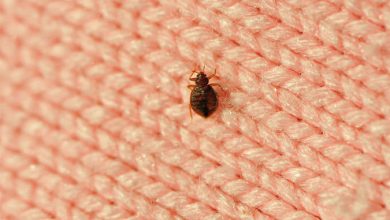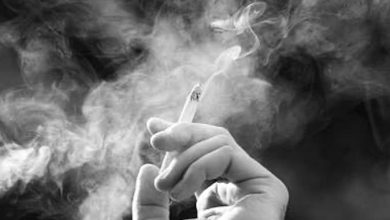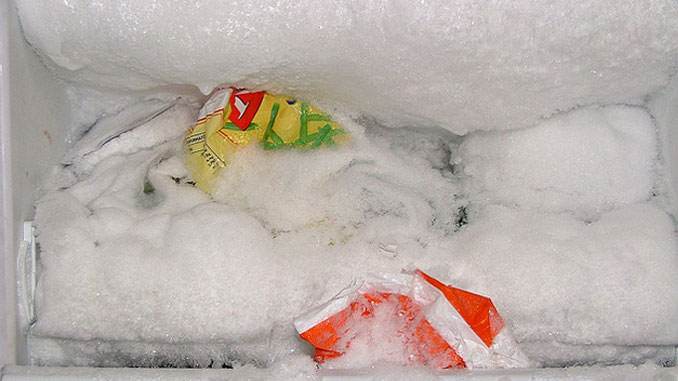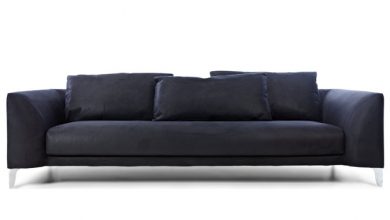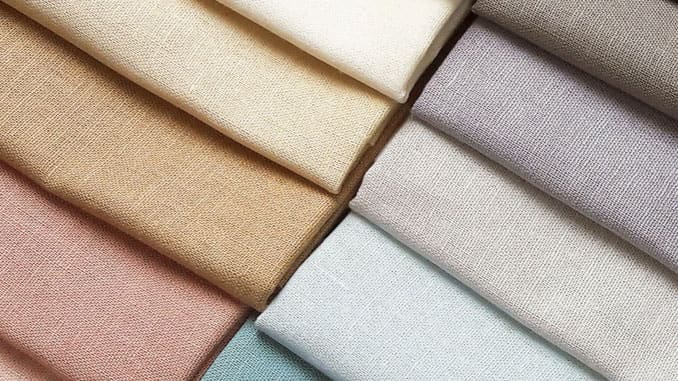
How to remove Stains from Linen Fabrics
Linen is a fabric of natural origin, it is obtained from the bark of the flax plant, and it is a highly appreciated product used for quality linen and clothing. However, it’s a pretty tough fiber, and you need to know a few ” tricks ” to clean it when those particularly stubborn stains are present. Here’s how to remove the stain from linen fabrics.
Given that for tablecloths and napkins in white or raw color linen, usually there are no problems with washing in the washing machine, perhaps adding additives if you want to obtain a truly candid laundry.
If there are particular stains, it is necessary to pre-treat or resort to bleaching. Bleaching inevitably consumes the fibers, and therefore, it is good that you follow the same procedure adopted for the colored ones.
Linen tablecloths are often stained with red wine. The removal of these stains can be done with white wine, or you have to pour salt on the stain and wait for it to absorb the wine, then rinse, soap, and rinse again.
The egg, on the other hand, is tough to remove and needs several washes. The treatment must be carried out first with plenty of cold water, then soaping, and then it must be scrubbed vigorously with the laundry brush.
If, on the other hand, your linen items have been in the closet for a long time, you may find them yellowed. At this point, you have to put them to soak in milk, and then you have to rinse the laundry and then proceed to wash it with Marseille soap. When you have to deal with bird droppings stains, you have to wipe it with water and vinegar and then proceed with washing after having scraped it well.
For coffee stains, it is necessary to act immediately with plenty of running water. On the other hand, if the stain is old, the situation is more complicated and must first be dabbed with alcohol and then treated with warm water and Marseille soap.
Then rinse with plenty of hot water. Instead, you have to soap for the chocolate and, after leaving it for half an hour, rinse. Grease stains should be dabbed immediately with talcum powder which absorbs the grease.
Once dried, after at least a couple of hours, it must be brushed, then rinsed. Then lather with Marseille soap and rinse again. The blood should be bathed immediately with plenty of cold water, possibly adding a little ammonia.

